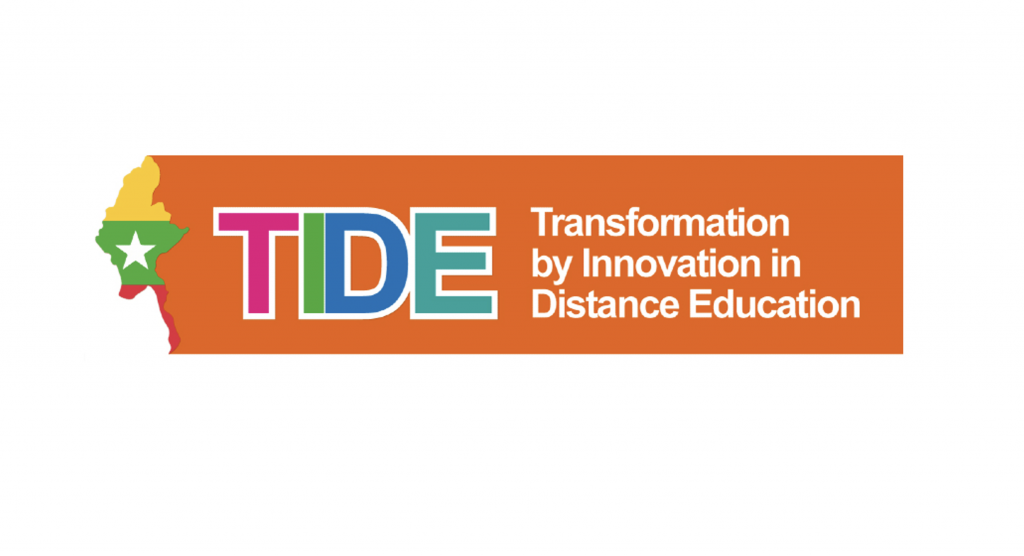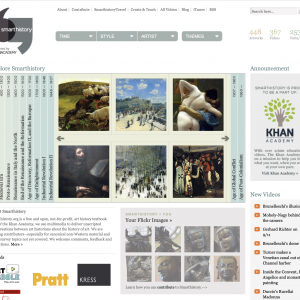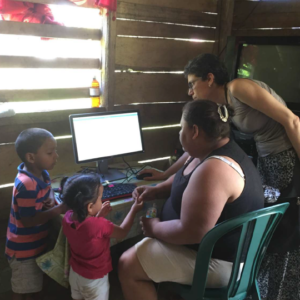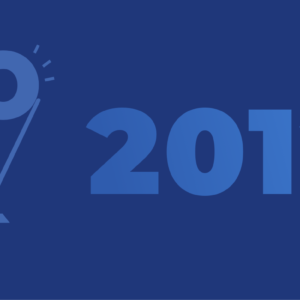Major international development project involving 7 core partners from the UK and Myanmar that engaged with 40 Universities and HE Colleges in Myanmar, all of which play a part in the distance education system of Myanmar and that accounts for 60% of all Higher Education (HE) students. A major aim of TIDE was to train HE staff, both faculty and support staff, in all aspects of modern pedagogy and the practices needed for effective open and distance education. As these HE Institutions had limited autonomy and staff were regularly rotated around these institutions, it was important to foster a broad community of practice within and between them. So, to enable collaboration across many people in many HEIs the project was designed around openness and the use of open educational resources (OER) and practices.
TIDE ran several residential schools and online courses for three cohorts of staff over nearly 4 years, providing professional development activities in open licenses, searching for and evaluating OER, designing OER, and the use of open software platforms such as Moodle. In addition, small groups of staff had to design and develop their own OER by adapting existing OER. The subject focus for TIDE was education for environment and sustainable development, a topic that broke across existing disciplinary boundaries in the HEIs and that was also a shared endeavor for the country as it attempts to meet the SDGs. As well as training several hundred staff, TIDE worked closely with the Ministry of Education to make openness a feature of their next education strategic plan, and not just at HE level.
Unfortunately, the military coup has paused this collaboration, but the legacy repository of TIDE OER is still available.



